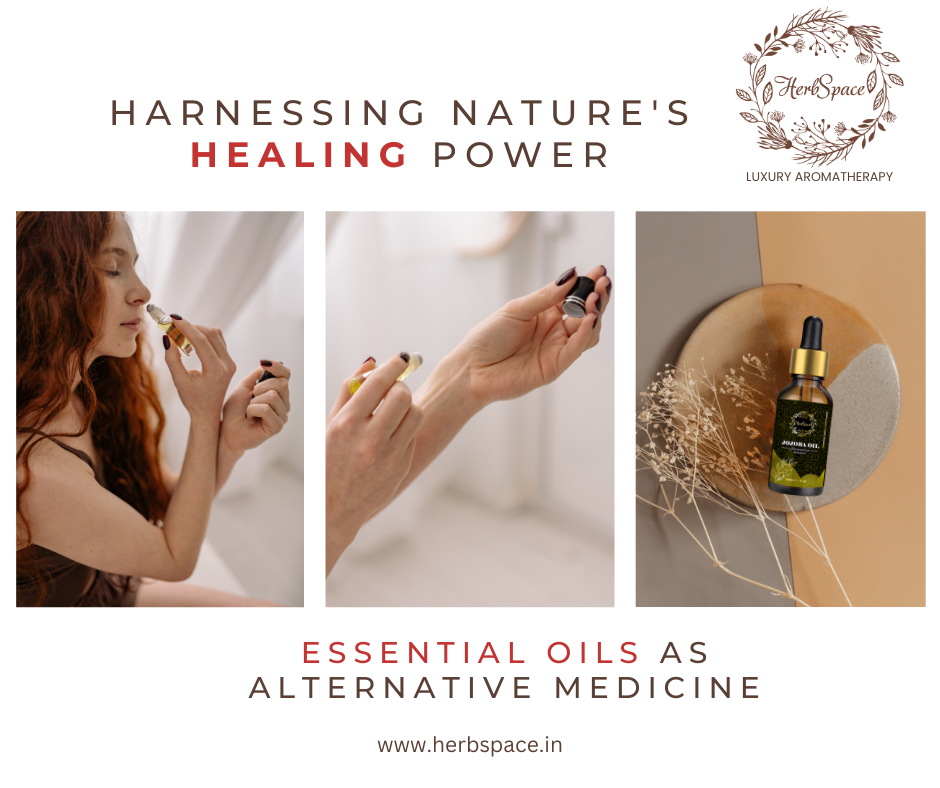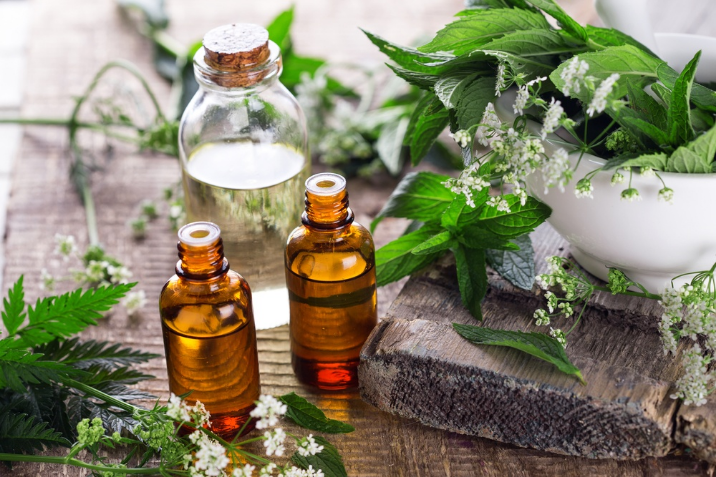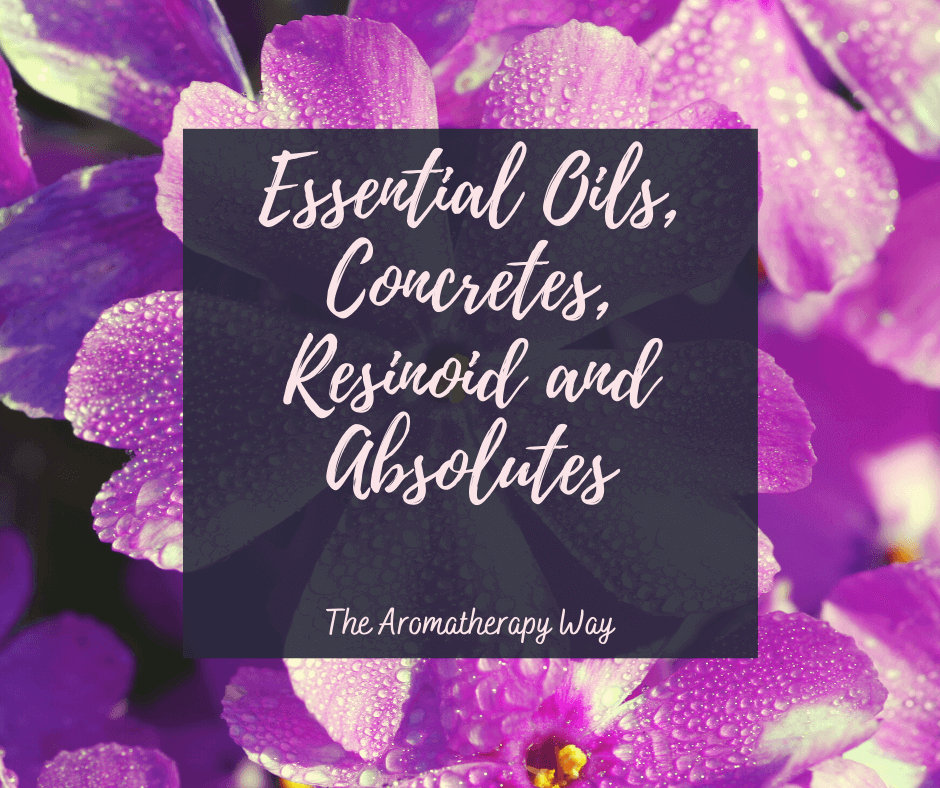
- HerbSpace
- Thu,10 2023
Escape the Clutches of Chemicals: Discover the Healing Magic of Essential Oils
In our quest for wellness and holistic health, many of us are turning to alternative medicine practices that embrace the power of nature. Essential oils, aromatic compounds extracted from plants, have gained popularity as a natural remedy for various health concerns. In this blog, we'll explore the world of essential oils as an alternative medicine option and delve into the science behind their therapeutic benefits.
Understanding Essential Oils
Essential oils are highly concentrated extracts derived from the leaves, flowers, roots, and other parts of plants. They contain the plant's natural aroma and potent chemical compounds that contribute to their therapeutic properties. The practice of using essential oils for healing purposes is known as aromatherapy, a branch of alternative medicine that has been used for centuries.
The Therapeutic Potential of Essential Oils
Physical Health Benefits
Essential oils offer a wide range of potential benefits for physical health. They have been used to alleviate symptoms of common ailments such as headaches, digestive issues, and muscle pain. For example, peppermint oil may help ease headaches, while ginger oil can aid in digestion.
Emotional and Mental Well-being
Aromatherapy is not limited to physical health; it can also have a profound impact on our emotions and mental state. Oils like lavender, chamomile, and frankincense are often used to reduce stress, anxiety, and promote relaxation. These oils can be diffused or applied topically to experience their calming effects.
Immune Support
Certain essential oils are believed to have immune-boosting properties. Eucalyptus and tea tree oil, for instance, are known for their potential antimicrobial and antiviral effects. Using these oils in diffusers or steam inhalations can help support respiratory health.
Pain Management
Many individuals turn to essential oils for pain relief. Oils like lavender, rosemary, and eucalyptus have analgesic properties that may help alleviate discomfort from conditions such as arthritis or sore muscles. They can be diluted and applied topically or added to a bath.
Science and Research
While essential oils have been used for centuries in traditional medicine systems, modern science has begun to explore their efficacy through research and clinical studies. Although more research is needed, some studies have shown promising results regarding the health benefits of essential oils. For example, a 2014 study published in the journal "Evidence-Based Complementary and Alternative Medicine" found that lavender oil aromatherapy reduced anxiety and improved sleep quality in patients with anxiety disorders.
Safety Considerations
It's crucial to use essential oils safely and responsibly. Here are some essential tips:
-
Dilution: Essential oils are highly concentrated and should be diluted with a carrier oil before applying to the skin to avoid irritation.
-
Patch Test: Perform a patch test on a small area of skin to check for any allergic reactions or sensitivity.
-
Consultation: If you have underlying health conditions or are pregnant, consult with a healthcare professional before using essential oils.
-
Quality Matters: Choose high-quality, pure essential oils from reputable sources to ensure safety and efficacy.
Conclusion
Essential oils have emerged as a valuable tool in the realm of alternative medicine, offering natural solutions to a wide range of health and wellness concerns. While they are not a replacement for conventional medical treatment, they can complement your healthcare regimen and enhance your overall well-being. As with any alternative medicine practice, it's essential to approach essential oils with knowledge, caution, and respect for their potential benefits and limitations. Integrating them into your wellness routine may open up new avenues for healing and self-care, harnessing the power of nature to support your health journey.
Featured
-

Add a few drops of your favorite essential oil into your Shampoo or face wash and enjoy the benefits of aromatherapy” Easy peachy right? Well, not really!!! Before you roll your eyes and go “What are you talking
Read More... -

Add a few drops of your favorite essential oil into your Shampoo or face wash and enjoy the benefits of aromatherapy” Easy peasy right? Well, not really!!! Before you roll your eyes and go “What are you talking
Read More... -

In this blog series, we will learn all the important aspects related to essential oils. Let's start with what essential oil, concrete, resinoid, and absolute
Read More... -

Over the past few years, the market for essential oils has significantly grown. And, they are going to be the next big thing in the future. Essential oils undoubtedly have some unbeatable therapeutic properties that
Read More...